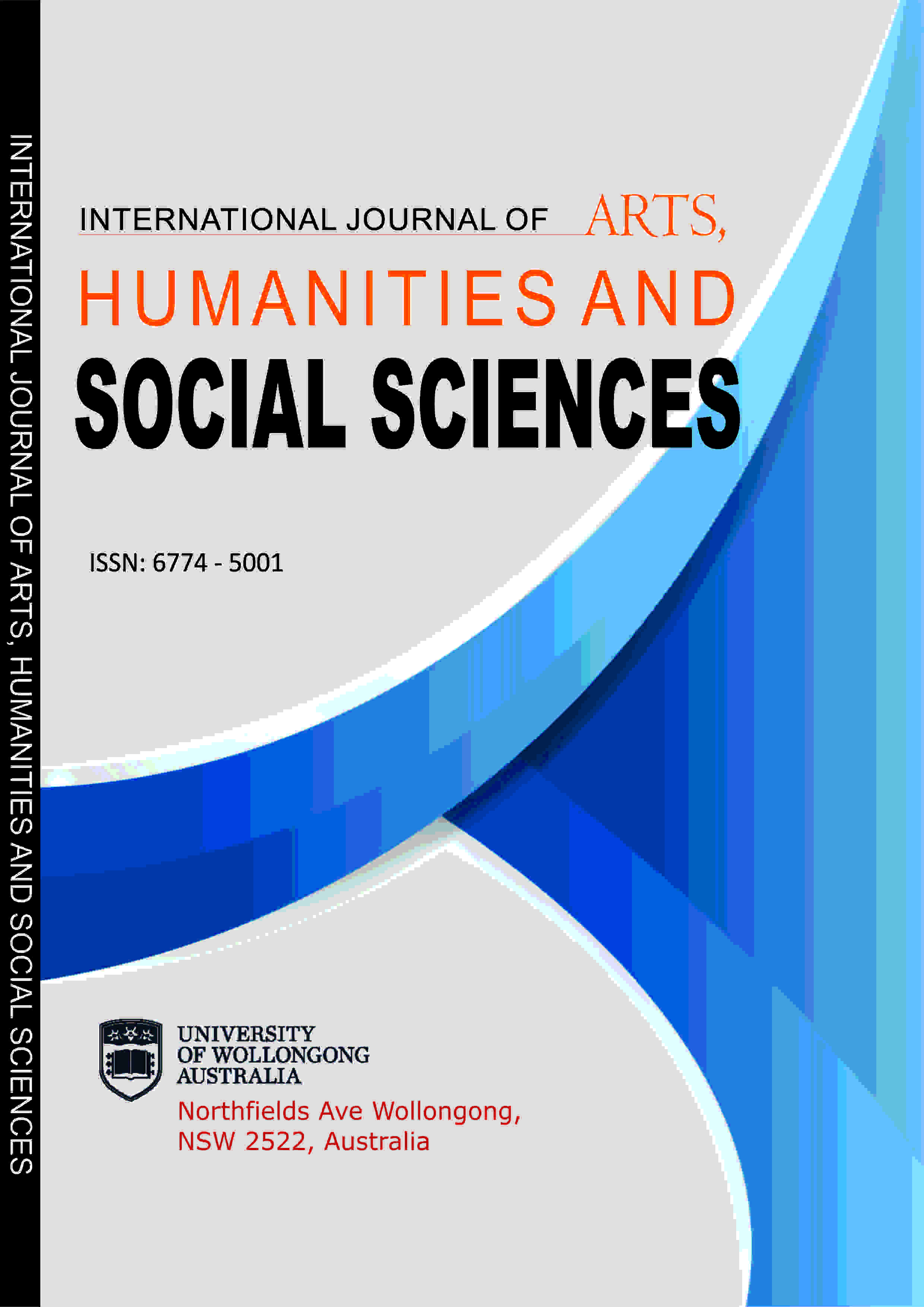INTERNATIONAL JOURNAL OF ARTS, HUMANITIES AND SOCIAL SCIENCES (IJAHSS)
BEYOND THE EROTIC: SEDUCTION AND PROPAGANDA IN SHAKESPEARE’S ANTHONY AND CLEOPATRA
E-ISSN: 2579-048X
P-ISSN: 6774-5001
DOI: https://iigdpublishers.com/article/578
In Shakespeare’s Anthony and Cleopatra, success and achievement are associated with masculine figures. In the clash between Octavius, the Caesar of Rome, and his rival Marc Anthony military victories are commemorated and political alliances are weaved to celebrate their greatness and postulate their immortality. One vital part of the play is these men’s struggle to sustain their honour and reputation in achieving success. However, another shadow story is grafted to this clash over power and sovereignty: that of Cleopatra a “most triumphant lady” (2.2). She transcends the temptress and the devious femme fatale stereotypes to impose a potent feminine leadership. This paper will discuss how her eroticization of the body and the word will shape an effective propaganda discourse that dictates the way she is seen by others. Seduction is weaponized to turn Egypt and its Queen into a spectacle of a cunning and successful feminine political Leadership. As she controls perception and self-representation, Cleopatra will claim dominion over her lover and her enemy alike.
Miriam Mezghani PhD
W. Shakespeare, Anthony and Cleopatra (Cambridge Press, 1607).
G. Jowett, V. O‘Donnell, Propaganda and Persuasion (California: Sage Publishing, 2012).
E. Fox, De vera differentia (London: Opus Eximium, 1538).
P. Vergil, The Anglica Historia (London: Royal Historical Society, 1534).
R. Barthes, Death of the Author, in The Rustle of Language (New York: Hill and Wang, 1985) 3-15.
